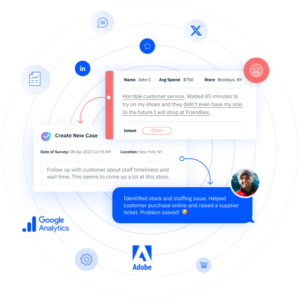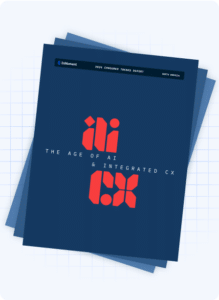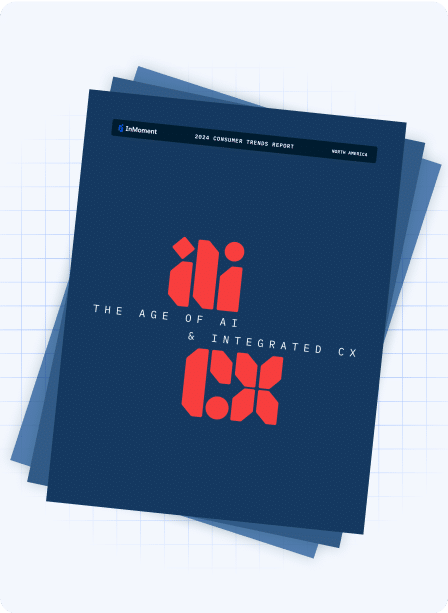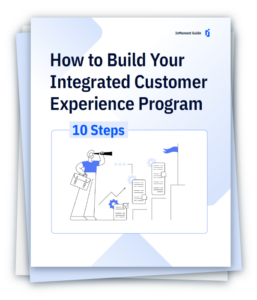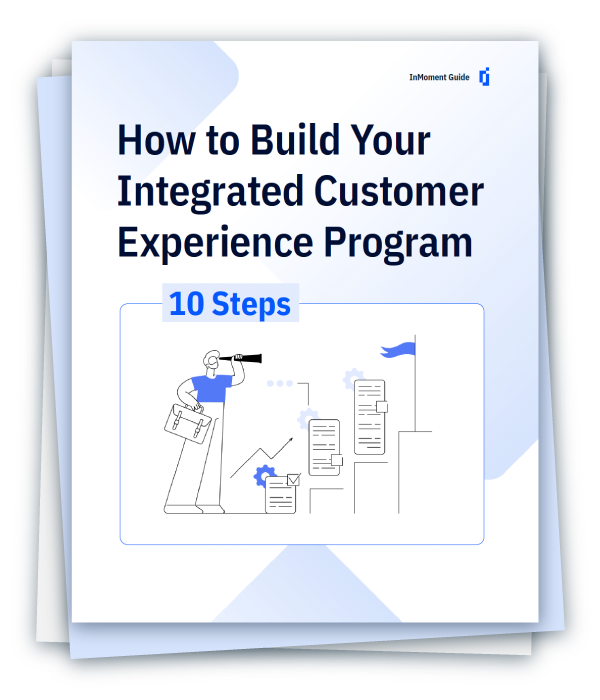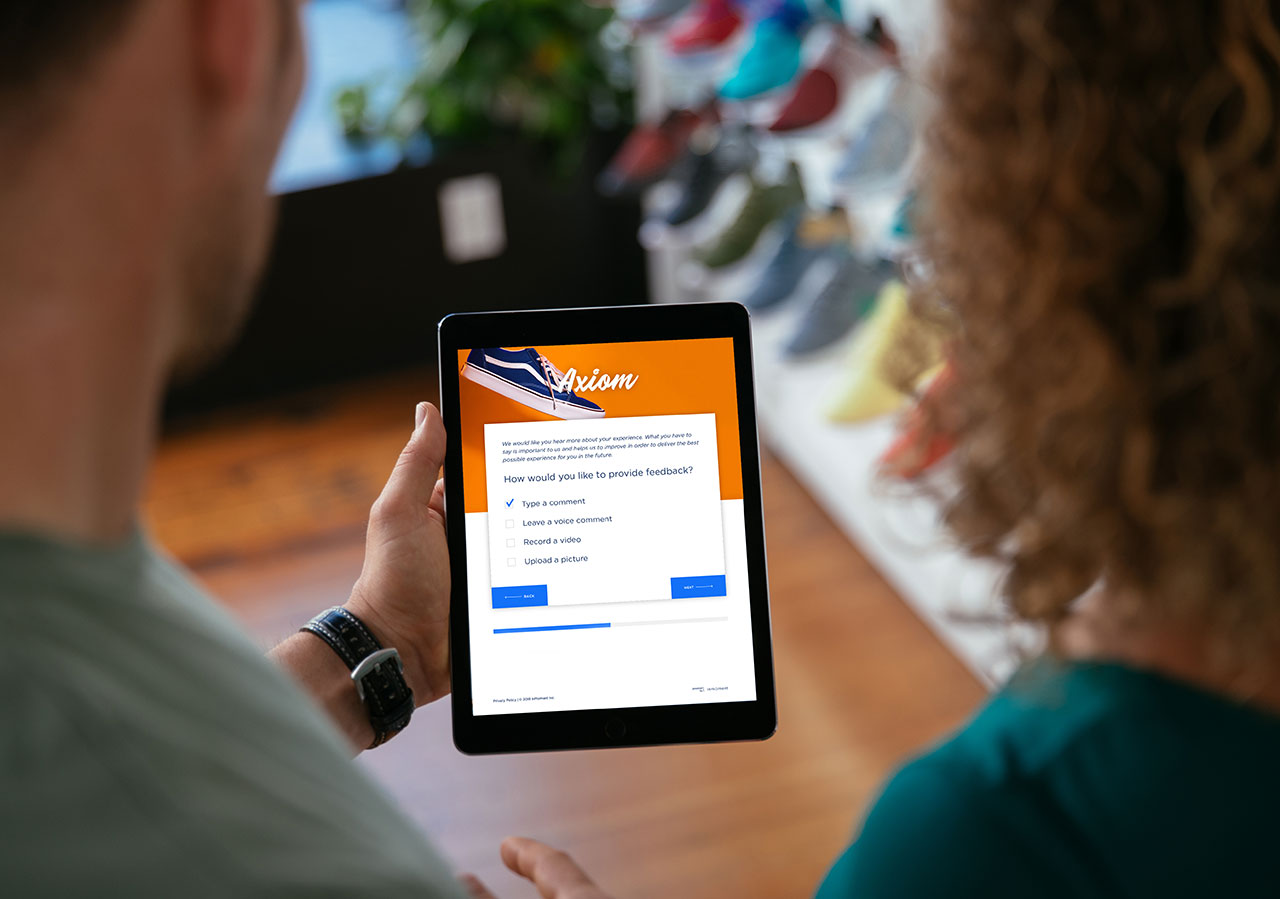How Targeted Surveys Help Improve Your Customer Experience (CX)
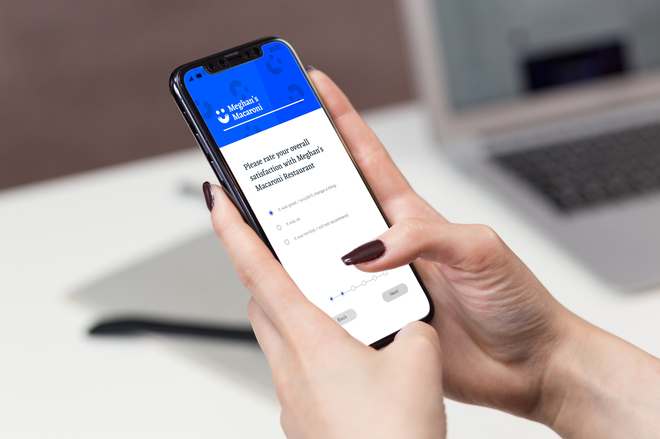
One tool is practically synonymous with the customer experience (CX) industry: surveys. Since the inception of the industry, targeted customer experience surveys have been seen as a foundational listening and research tool that leverages strategic questions to collect data from a specific group of customers.
Sending out a targeted survey is the first step to improving customer experiences, employee experiences, and even the bottom line. Once a targeted survey has collected the desired data, a top-notch Experience Improvement platform mines that data using advanced analytics to uncover actionable insights. And once an action plan is made and carried out, businesses can improve their practices and processes in a way that helps them to acquire new customers and employees, retain existing ones, identify cross-sell and upsell opportunities, and eliminate extra costs.
All that starts with a targeted survey. But what are the best practices for creating a targeted survey? How do you get started? Well, that’s what we will break down today!
Picking Your Audience
The first step to a successful targeted survey? Selecting a target audience! Ask your team, “Who are we trying to appeal to? How do we want to improve their experience?” The audience in question should be one that is crucial to your strategy, so be sure to examine sales data, demographics, and other analytics to inform your decision.
For instance, let’s say that you are a fast casual restaurant looking to launch a new menu item in a specific region. Your target audience would then be customers from that region who are regulars at your restaurant. That would be helpful to gauging interest in your new sandwich combo!
You can also leverage other, more general surveys that ask broader questions in order to identify more specific populations to survey. Additionally, it’s possible that your company already has the data you need! Check other relevant data or research that may have already been done on your desired subject. If the insights you need are already in your possession, this can help you avoid the dreaded survey fatigue in your customers (and employees).
Four Principles for Building a Good Survey
At InMoment, we often get questions like, “What is the best way to design a survey?”, “What questions should I include?”, and “What rating scales should I use?”. The quick answer to those questions is that it depends on both the type and the topic of the survey.
Principle #1: Design with the End in Mind
This principle is also referred to as the “Backward Research Process.” When you design with the end in mind, you must first think about the decisions you want to make and actions you want to take based on the information you collect.
Are you focused on increasing customer retention by identifying customers who had a poor experience? Do you want to “grade” your outlets or employees on their ability to serve customers? Do you want to assess which specific customer-handling processes are and are not working? The content of your survey should be guided by your answers to these questions. And since you’ve already identified your target audience, you’re ahead of the game!
Principle #2: Generate Hypotheses When Designing Your Survey
While designing the survey, it is often helpful to generate some hypotheses about how you think the results might turn out. This exercise can help you define what information you need to either collect or append to your survey data.
Principle #3: Ask the Right Questions
Don’t ask all the questions. Ask the right questions. Depending on your desired outcome, you might use a variation of these question types:
- Multiple Choice Questions
- Text Entry Questions
- Quotas and Qualifications
Principle #4: Don’t Forget About The Survey Invitation
One of the most neglected parts of the survey design process is the survey invitation. Often, it is designed as an after-thought. You need to design your email invitation to maximize the likelihood that customers will receive it, notice it, open it, and click the survey link.

Learn from the Data
You’ve zeroed in on your audience, chosen strategic questions, and sent out an optimized invitation—now the data is rolling in! This is the most exciting part of the process, because that feedback you’re receiving will be the basis of your next major improvements to the customer experience!
Your Experience Improvement (XI) tools (such as our Active Listening Studio) will be able to ingest that data, and not only reveal insights, but will pinpoint the moments that matter (or the interactions, channels, and touchpoints that most impact your business). Prioritizing those moments helps you to take swift action to improve not only experiences, but also your bottom line.
After you’ve taken these actions toward Experience Improvement, you can also send follow up surveys to identify the effectiveness of your improvements and fuel continuous efforts toward experience excellence.
How InMoment’s Active Listening Studio Can Help
InMoment’s Active Listening Studio is a one of a kind listening suite that gives you the control to gather feedback at every touchpoint, allowing customers to tell you what matters most to them without bombarding them with survey after survey. Active Listening Studio includes:
- DIY Survey Creation
- Our AI-powered Engagement Engine™
- The Rapid Resolution Engine™
- Our Eligibility Engine™
- Social Monitoring
- Multimedia Feedback
Leveraging these tools allows you to create a more effective targeted survey, optimize your listening strategy, and ultimately prove that you’ve improved experiences and your business. One of our global retail clients was even able to increase survey response rates by 37% and response length by 38%!
Want to learn more about how InMoment can help you conduct a better targeted survey—and improve your customer experiences, employee experiences, and beyond? Contact our team today and we’d be happy to explore the right options for your business!

